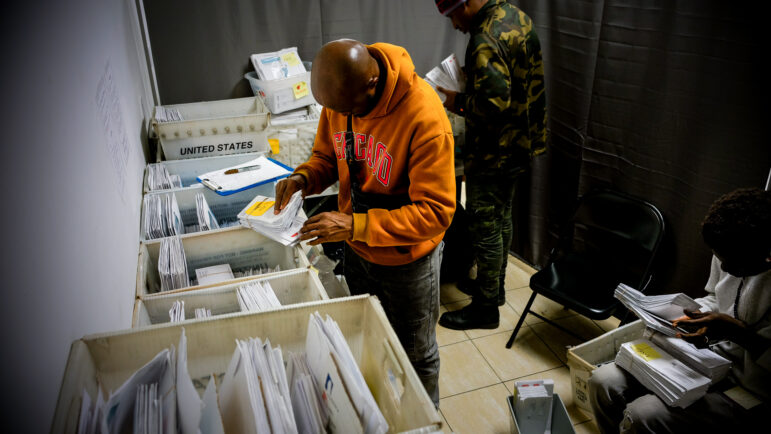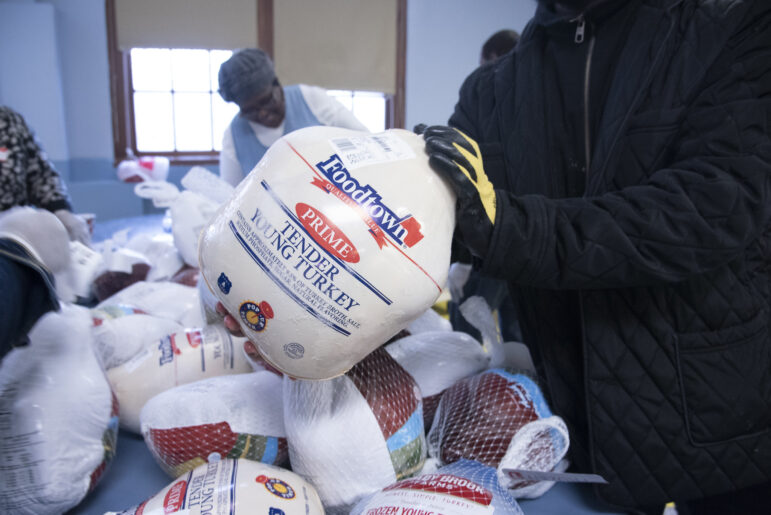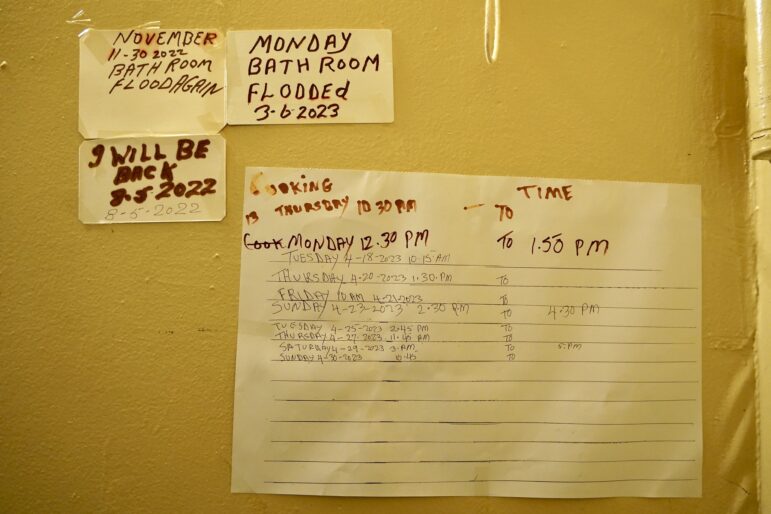Reverend Duane Motley’s ears perked up when he first heard the twangy rhythms emanating from his TV set. There he saw the cheery faces of working-class New Yorkers–barbers, diner patrons, firemen and farmers–singing an infectious tune, “If I Had A Million Dollars.” It was an advertisement for the New York State Lottery’s premier game, Lotto.
“What a perfect ad,” fumes Rev. Motley, the director of New Yorkers for Constitutional Freedoms, an anti-gambling lobbying group. “It’s polished, yet humble. It’s perfect for taking money from the poor.”
And it’s worked. State Lottery Division spokesperson Carolyn Hapeman says sales of lottery tickets have gone up “significantly” since the Million Dollars campaign began last October.
The brilliant ad campaign, the centerpiece of a $20 million annual ad budget, wasn’t the state’s only big new gambling push last fall. On Halloween, the state legislature and Governor Pataki agreed to a sweeping gambling expansion law that makes New York the state with the most legal gambling outlets east of the Mississippi.
They agreed to join the Big Game, an eight-state lottery with jackpots up to $363 million. They approved video lottery terminals in the state’s horse-racing tracks and in six Native American casinos upstate. Those new gambling initiatives, claimed the governor, will add $1 billion annually to the state treasury.
Lottery ticket sales already account for about $1.45 billion a year in state revenues. Who actually foots the bill? According to academic studies, working-class and poor people spend significantly more on the games than the wealthy. A 1995 Newsday investigation found that lottery spending as a percentage of income statewide was eight times higher in low-income neighborhoods than in those with the highest incomes.
Lottery officials soften the unseemly image of what’s effectively a huge tax on the desperate by directing lottery revenues to education budgets–$145 million from the Big Game, for example. But behind those big numbers lies a muddier truth. The state education budget won’t grow once the Big Game is introduced, acknowledges Hapeman; “it just means that the lottery’s contribution to the state’s education fund will be that much larger.”
The debate over gambling has been dominated by the wagering industry’s money. They paid Albany lobbyists nearly $2.5 million between January and August of last year, according to state records.
The voices that oppose gambling don’t come from those corners that typically defend the poor. It’s a moralist movement, led by Rev. Motley and conservatives like State Senator Frank Padavan (R-Queens). “The hypocrisy of spending money to promote these games to people already addicted is staggering,” says Sen. Padavan. “The legislature and the Governor–the most pro-gambling in history–should be ashamed.”








